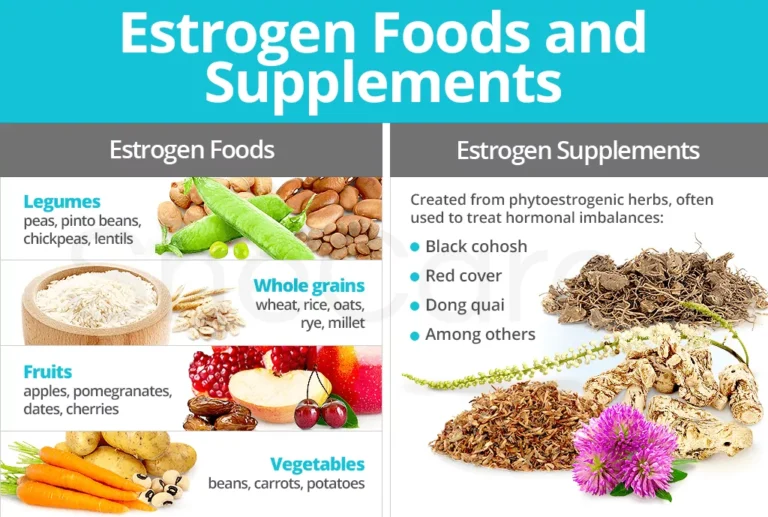Q. Can eating foods containing phytoestrogens lower a man’s testosterone ratio, thus leading to erection dysfunction?
Short answer: For most men eating a typical diet, foods that contain plant estrogens (phytoestrogens) such as soy, flax, legumes, or whole grains have not been shown to meaningfully lower testosterone or cause erectile dysfunction (ED). Clinical trials generally find no significant changes in total or free testosterone with moderate soy or isoflavone intake, and no consistent impact on libido or erections. If you’re noticing symptoms, look for broader contributors (sleep, stress, weight, alcohol, medications, metabolic health) rather than blaming single foods—see ideas in Improving Man’s Sex Drive.
Phytoestrogens vs. pharmaceutical estrogens
It’s true that estrogen medications (prescription hormones) can suppress testosterone. That’s very different from dietary phytoestrogens, which are weaker, plant-derived compounds that interact with estrogen receptors in more nuanced ways (sometimes even counter-estrogenic). The evidence base to date does not support routine testosterone suppression from normal dietary intake.
What about saw palmetto?
In men’s health, saw palmetto is a well-known herbal therapy for urinary symptoms from prostate enlargement. It’s not a dietary phytoestrogen; rather, it’s a plant extract with proposed effects on 5-alpha-reductase and prostate tissue signaling. Results across studies are mixed, but typical preparations don’t appear to lower testosterone or sex drive. For pros, cons, and interactions, see Saw Palmetto, Cardura & Libido.
When to check hormones—and what else to consider
If you’re concerned about hormones, ask your clinician about a targeted workup (morning total testosterone, sometimes free testosterone, SHBG, LH/FSH), especially if you have low libido, fatigue, or persistent ED. Remember that ED is often multi-factorial: cardiovascular fitness, diabetes risk, tobacco and alcohol use, mood, and sleep all matter. Nutrition supports the whole picture—see smart dietary patterns in Foods for Prostate Health.
Evidence-based resource
For a clear overview of soy isoflavones (a common phytoestrogen) and health, the U.S. National Institutes of Health’s Office of Dietary Supplements provides a balanced summary of benefits, safety, and typical intakes: NIH ODS: Soy Isoflavones Fact Sheet.
Bottom line
- Normal dietary phytoestrogen intake (e.g., soy foods, flax) is unlikely to lower testosterone or cause ED in healthy men.
- Saw palmetto is an herbal option for urinary symptoms, not a phytoestrogen, and generally doesn’t suppress testosterone.
- If symptoms persist, pursue a medical evaluation rather than eliminating nutritious foods without cause.


